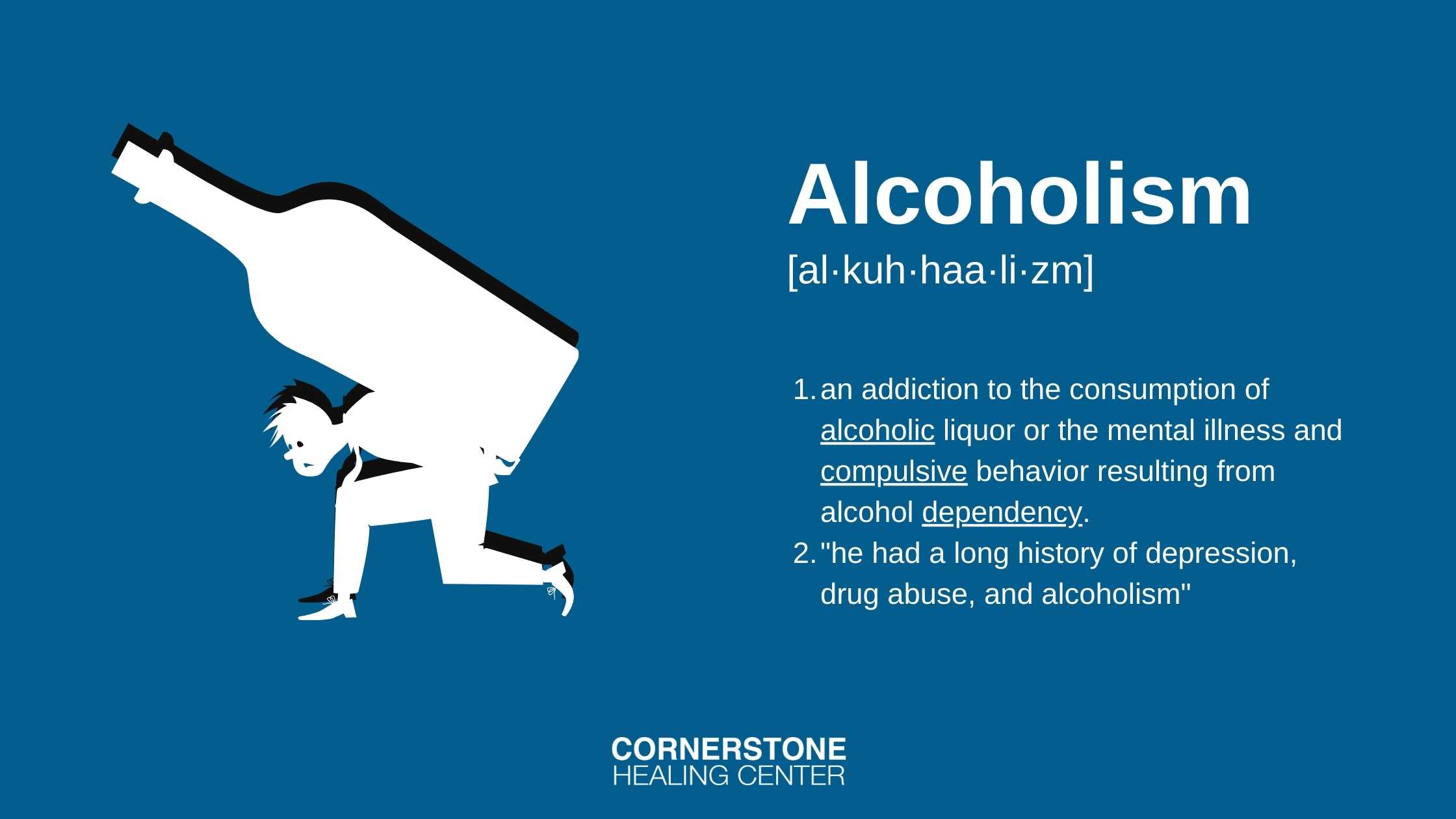Complex trauma and alcoholism are deeply intertwined, often stemming from unprocessed emotions creating a web of pain and dependency.
Recognizing and addressing these root causes is paramount to tackling addiction effectively.
Definition and Origins of Complex Trauma
What is Complex Trauma?
Complex trauma is the psychological distress arising from multiple traumatic events, often occurring over extended periods and frequently during formative years.
Unlike singular incidents that can cause trauma, complex trauma weaves its effects over time, leading to prolonged stress, pain, and anxiety.
Single-incident trauma vs. Complex Trauma
It’s important to distinguish between single-incident trauma and complex trauma.
While both can be deeply distressing, single-incident trauma results from one specific event, like a car accident or natural disaster.
On the other hand, complex trauma emerges from a series of events or long-standing situations—things like ongoing abuse, prolonged neglect, or being trapped in a conflict zone.
Origins of Complex Trauma
Complex trauma doesn’t appear out of the blue.
Its roots lie in prolonged exposure to repetitive, severe stressors, especially during childhood1 or adolescence.
This can include consistent emotional, physical, or sexual abuse, long-term domestic violence, or living in areas of persistent conflict and danger.
Over time, these stressors embed themselves deep within an individual’s psyche, often leading to damaging physical and emotional outcomes, including the risk of alcoholism.
Understanding the origins of complex trauma can explain why some individuals turn to alcohol to cope, highlighting the profound connection between alcohol and complex trauma.
Signs of Complex Trauma
| Signs of Complex Trauma | Description |
|---|---|
| Emotional Dysregulation | Individuals with complex trauma struggle with their emotions, often showing mood swings between anger, sadness, and happiness. They may also feel persistent emptiness or hopelessness. |
| Dissociation | Those affected may feel detached from reality, as if watching their life from afar. Dissociation acts as a defense against painful trauma memories. |
| Attachment Difficulties | Complex trauma impacts relationships, leading to difficulties in forming secure attachments. This often stems from past betrayals or breaches of trust. |
| Hyperarousal and Hypervigilance | Victims may be always on alert, easily startled, and constantly expecting danger, even in safe situations. This perpetual alertness is mentally and physically exhausting. |
| Chronic Physical Ailments | Chronic trauma stress can lead to physical symptoms, such as headaches, stomach issues, or cardiovascular problems, stemming from the trauma's enduring stress. |
Complex Trauma Leading to Alcoholism
The intertwining of complex trauma and alcoholism involves emotional evasion, seeking solace, and physiological implications.
The Use of Alcohol as a Coping Mechanism
For many, trauma is an ever-present shadow, casting a long and dark shadow on day-to-day life.
During these times, Alcohol can often be disguised as a refuge.
Consuming, people find a temporary numbing of the sharp edges of their feelings and memories.
The buzz, the warmth, the temporary lapse in memory.
These effects act as a protective shield, protecting one from the deep-down pains of trauma, even momentarily.
The Cycle of Avoidance
Confronting the wrath of trauma head-on is no simple task.
It’s a maze of emotions, memories, and often, overwhelming pain.
Many find a semblance of relief in substances to bypass this daunting challenge, with alcohol being a common choice.
Living with the grief of a traumatic can be extremely hard when emotions are unprocessed.
But if one can drown out the noise of trauma with the haze of alcohol, perhaps it can be kept at bay.
Unfortunately, this cycle of avoidance, of perpetually sidestepping the core issue, only strengthens the chains of addiction.
It’s a vicious cycle.
The more one avoids, the more one drinks, and the more one drinks, the deeper the avoidance goes.
The Physiological Effects
Beyond the emotional and psychological aspects, there’s a very tangible, biological connection between alcohol and trauma.
Alcohol impacts the brain’s neurotransmitters, the chemicals responsible for our moods, emotions, and stress responses.
For someone with a traumatized brain, which might already be in a state of imbalance or heightened sensitivity, alcohol can initially seem like a solution, providing a fleeting sense of calm or even euphoria.
However, with regular consumption, alcohol can exacerbate the brain’s dysregulation, intensifying trauma symptoms and solidifying the path to addiction.
By understanding these links between complex trauma and alcoholism, we shed light on the intricacies of human behavior and emphasize the importance of addressing root causes rather than symptoms alone.

Signs and Characteristics of Alcoholism with Complex Trauma
| Signs and Characteristics |
|---|
| Increased Tolerance and Distinct Withdrawal Symptoms: Individuals with complex trauma often develop a heightened tolerance for alcohol. Additionally, the trauma may make their withdrawal symptoms more complex and emotionally charged. This can make it more challenging for them to quit or cut down on drinking. |
| Using Alcohol as an Escape: Using alcoholism as escapism2. Many individuals with complex trauma use alcohol to forget or numb traumatic memories. It becomes a temporary refuge from the emotional pain associated with their past experiences. |
| Episodes of Dissociation or Flashbacks: When intoxicated, individuals with complex trauma may experience episodes of dissociation, where they feel disconnected from reality, or flashbacks, where they vividly relive traumatic events. These experiences can be distressing and may lead to increased alcohol consumption as they attempt to cope with the emotional turmoil. |
| Heightened Risk of Blackouts and Risky Behaviors: Alcoholism in the context of complex trauma can lead to a higher risk of blackouts, during which individuals have no recollection of their actions. This can result in dangerous behaviors, including self-destructive actions or placing themselves in risky situations. |
| Emotional Volatility and Self-Harm: When intoxicated, individuals with complex trauma may become emotionally volatile, experiencing intense mood swings. This emotional instability can contribute to increased instances of self-harm or suicidal ideation, mainly when they are under alcohol. |
Treatment and Healing
| Paths to Recovery | |
|---|---|
| Address trauma and alcoholism root causes for holistic growth. | |
| Trauma-Informed Care | Understanding trauma allows tailored treatments for effective healing. |
| Treatment Modalities |
CBT: Replace negative patterns. EMDR: Process traumatic memories. |
| Support & Community | Shared experiences in supportive environments aid recovery. |
| Dual-Diagnosis | Treat intertwined trauma and addiction for reduced relapse risks. |
| Holistic Approach | Beyond mental: physical activities, diet, social integration. |
| Comprehensive support makes healing from trauma and alcoholism achievable. | |
The Help You Deserve
Navigating trauma and alcoholism is challenging and filled with past pain. Understand the link between trauma and addiction; remember, you’re not alone.
Seeking help is a sign of strength. Every step towards recovery offers hope. You deserve healing and a bright future; with support, it’s attainable.
If you or someone you care about is facing addiction or mental health challenges, we encourage you to contact us at Cornerstone Healing Center in Arizona.
Our Arizona alcohol treatment facility is grounded in evidence-based practices and specializes in co-occurring disorders, including complex trauma and alcoholism, promoting long-term recovery by addressing underlying issues.
Sources
[2] The self-medication hypothesis of substance use disorders: a reconsideration and recent applications







